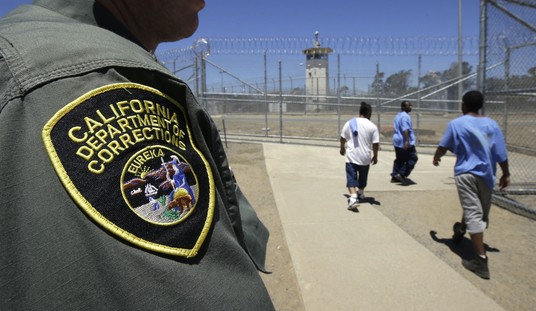According to a report released by Russian opposition activists, at least 220 Russian soldiers have been killed while participating in the fighting in eastern Ukraine since Moscow began destabilizing that region in the winter of 2014.
“The report, the last project of murdered Kremlin critic Boris Nemtsov, also said Russia had spent more than 53 billion rubles ($1.04 billion) in 10 months to fund the conflict and deprived people of 2.75 trillion rubles of money lost to inflation,” Reuters reported on Tuesday. That report was the final project associated with prominent Vladimir Putin critic Boris Nemtsov, who was shot to death just steps from the Kremlin in February.
Though the revelation that Russia has been directly participating in and supporting combat forces battling Kiev’s troops in Ukraine will not come as a shock to Western observers, the level of pro-war sentiment in Moscow might. On Tuesday, The Interpreter Magazine noted that popular Russian commentator Rostislav Ishchenko has called for what many see as the irrational prospect of a preventative strike on the NATO-allied Baltic states.
According to Ishechenko, Moscow has a compelling interest in a preventive occupation of at least portions of the Baltic countries in order to counter NATO, an interest he says exists even if there is no such threat, because such a move would allow for “the preservation of the line of ‘the virtual front.’”
Specifically, he writes, “a preventive strike with the goal of liquidating the Baltic place d’armes could become necessary from a military point of view not because someone might expect an attack from this direction but in order to preserve the line of the front (even virtual), to extend a land corridor to the blockaded group of forces in Kaliningrad, and to free up forces for actions in other, more important directions.”
Not taking such actions in a timely manner – and Ishchenko helpfully provides a map showing just what Russian forces should seek to seize – could, he suggests, prove “fatal in the indefinite situation” the world now finds itself in. Indeed, he argues, “the rapid [Russian] occupation of the Baltics could become the best choice” among those available.
If Moscow views the NATO alliance as its greatest regional threat, it is by no means illogical to test the alliance’s willingness to defend peripheral member states. Given Washington’s reluctance to engage in military action to defend the interests of American allies in the Middle East, it is not irrational to believe that Western leaders would balk at the prospect of inviting a Third World War over a sliver of territory on the Estonian border with Russia.
Even a broader occupation of the Baltics would not necessarily put Russia in a weak position. “As Ishchenko puts it, ‘a lightning-like occupation of the Baltics would put the European Union in a situation when the restoration of the status quo could be achieved only by means of negotiations,’” The Interpreter’s report read. “That is because Paris and Berlin could not ‘fight’ for the Baltic countries if they no longer existed.”
This is dangerous brinkmanship, but many astute observers of the security situation in Eastern Europe did not believe that Vladimir Putin would risk so much merely to reacquire the Crimean Peninsula. They were proven woefully wrong.
It is against this dangerous backdrop that Secretary of State John Kerry arrived in the Black Sea resort town of Sochi this week for bilateral talks with Putin. But while the situation in Ukraine looms large for both parties, the ongoing civil war in Syria and nuclear negotiations with Iran might occupy more pressing spots on the agenda.
While they were expected to discuss issues including the Iran nuclear talks, Yemen and Libya, the trip appeared designed as much to maintain contact as anything else given that U.S.-Russian relations are at their lowest ebb since the Cold War.
“It’s important for us to keep these lines of communication open. It’s important to try to talk to the senior decision-maker,” said a senior U.S. State Department official who briefed reporters as Kerry traveled to Russia.
“We have a lot of business that we could do together if there is interest,” said the official, who spoke on condition of anonymity.
Yes, “business.” For years, the Obama administration has viewed Russia as a critical partner that would help the White House achieve long-desired policy aims on the international stage. Nothing can derail that policy approach; not a failed deal to rid Syria of chemical weapons, not the invasion and annexation of sovereign European territory, not the brazen murder of opposition political figures. So long as the White House believes the Kremlin can help them to fry bigger fish, Ukraine’s future will remain a bleak one.







Join the conversation as a VIP Member